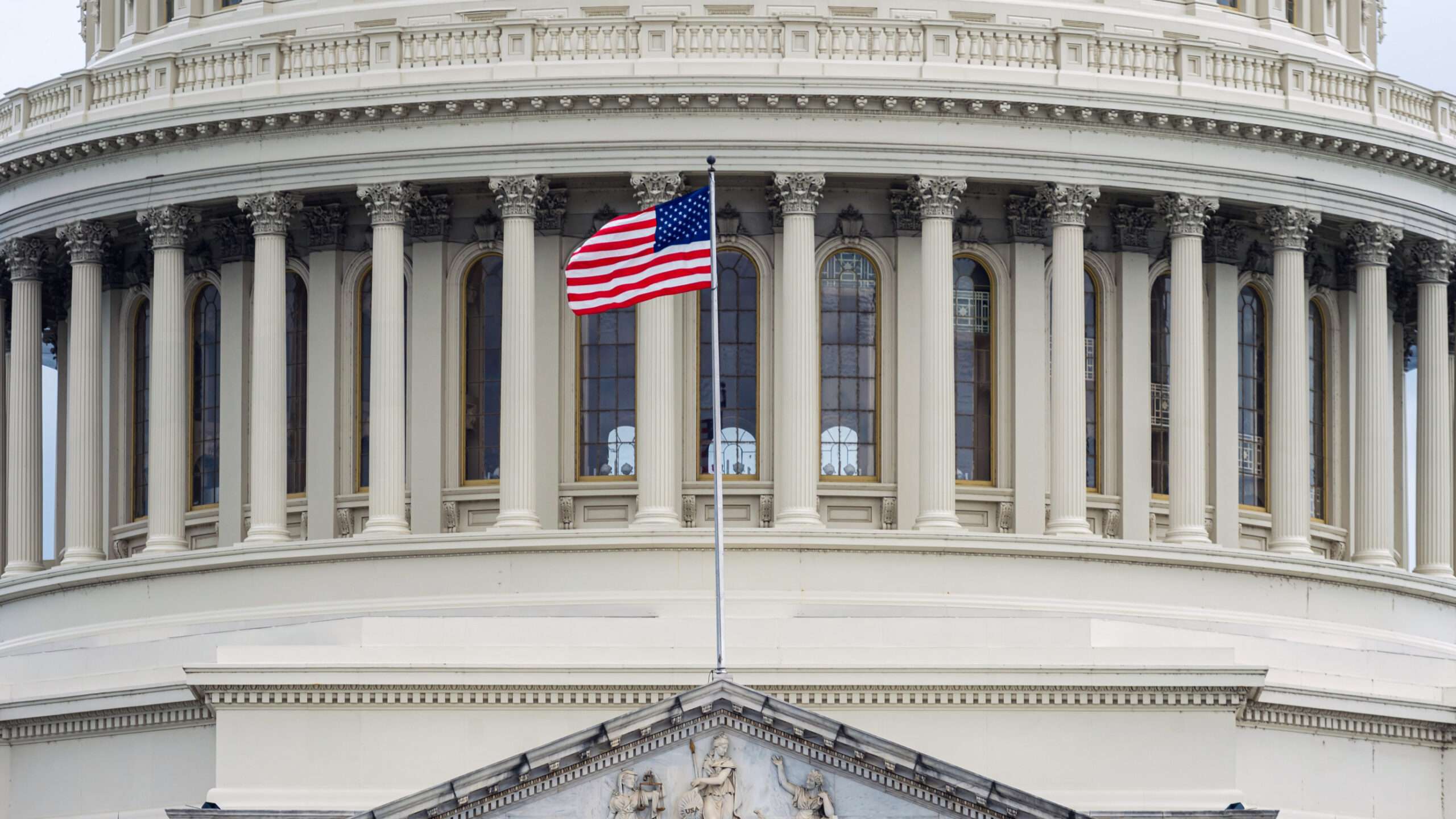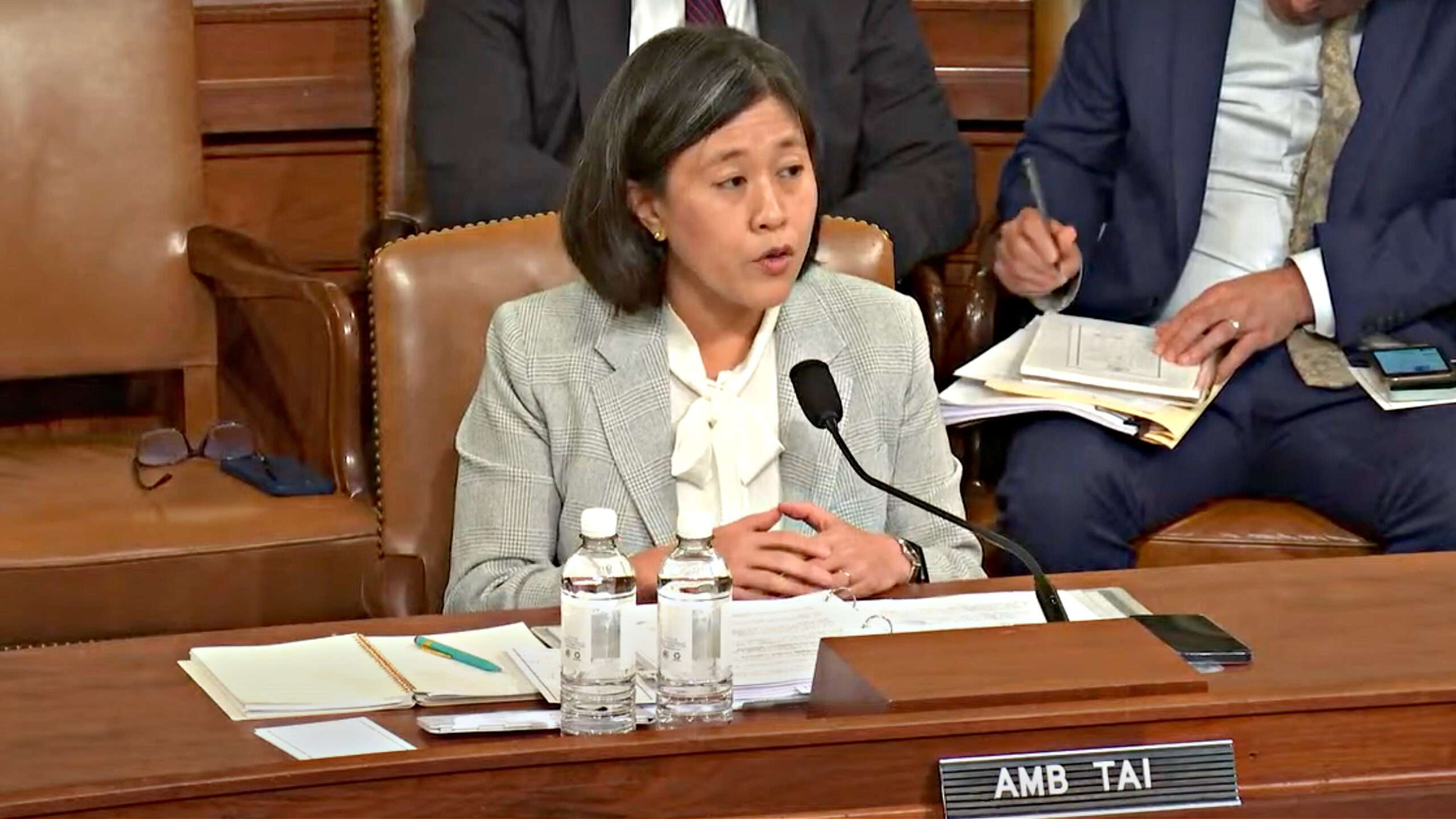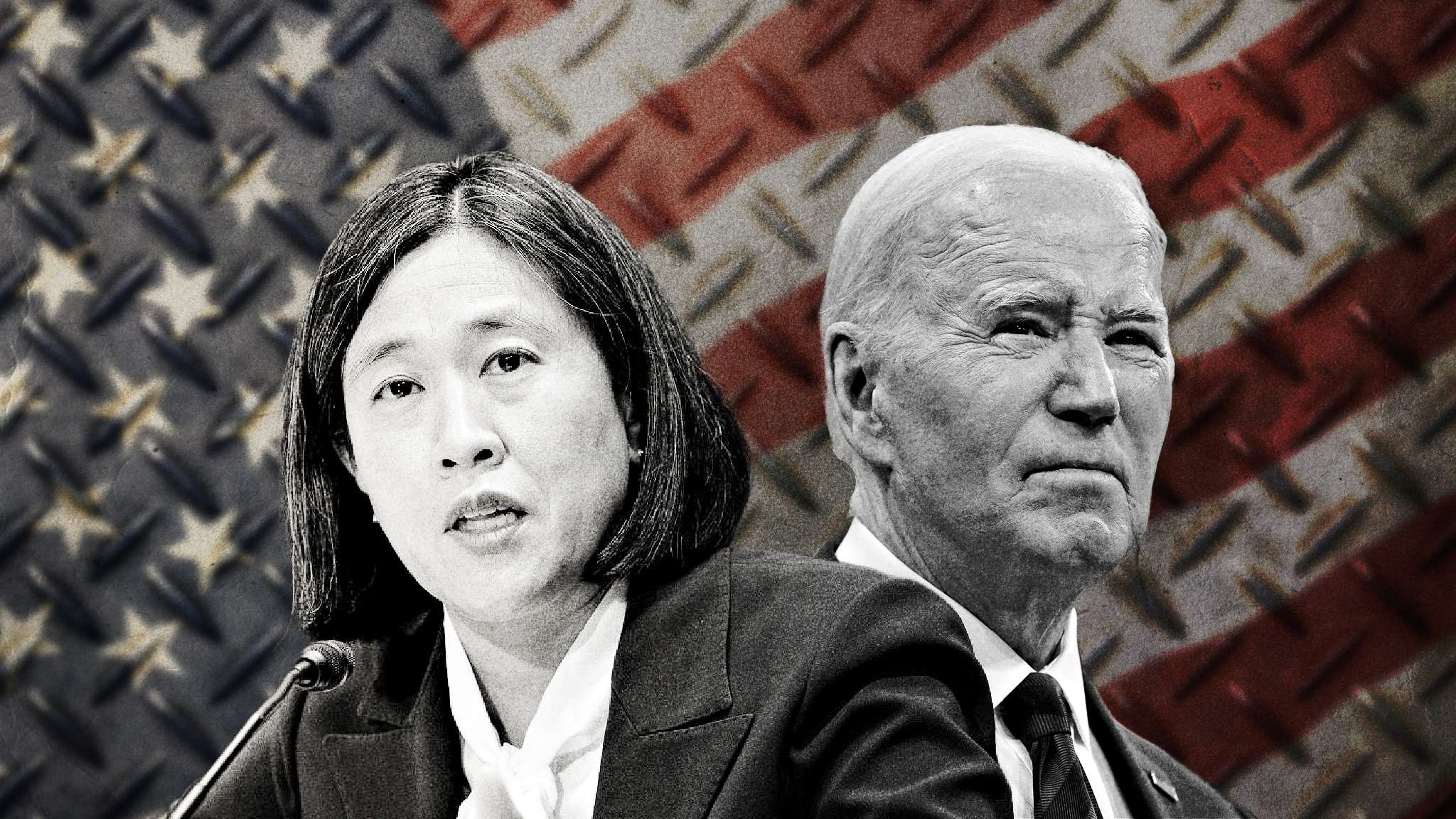
WASHINGTON — A flurry of last-minute deal-making on the Senate floor Thursday rescued President Obama’s ambitious trade agenda from defeat, advancing legislation that would empower the president to complete a sweeping, 12-nation Pacific trade accord.
[Reposted from The New York Times | Jonathan Weisman | May 21, 2015]
The bill, the first to grant a president trade promotion authority since 2002, still must weather a bunch of amendment votes on Friday, but Senate passage is now likely before the Memorial Day weekend, Senate leaders said. That would set up a difficult showdown early next month in the House, where Mr. Obama will have to work to persuade Democrats to back him.
“We understand we’ve got work to do,” said Representative Ron Kind, Democrat of Wisconsin, who is leading efforts to round up Democratic votes for trade promotion in the House.
Thursday’s dramatic vote in the Senate was a major step forward for Mr. Obama’s trade effort, which envisions an accord spanning the Pacific and encompassing 40 percent of the world’s economy. Any trade agreement secured by a president with trade promotion authority could still be rejected by Congress, but it could not be amended or filibustered.
Democratic opponents nearly halted that ambition for the second time this month. But last-minute deal-making on the Senate floor secured a 62-to-38 vote, just over the 60-vote threshold. Thirteen Democrats broke with the Senate leadership to back the president, giving manufacturers, farmers, Hollywood studios and pharmaceutical companies a huge lift, while knocking back the coalition of unions, environmentalists and liberal activists that oppose the trade accord.
“I want to thank the bipartisan group of senators who took a big step forward this morning on a trade agenda that is consistent with strong labor standards, strong environmental standards and access to markets that too often are closed even as these other countries are selling goods in the United States,” Mr. Obama told reporters at the White House.
The fate of the trade promotion bill remains in question. Opposition in the House was always expected to be stiffer than in the Senate. Still, the vote was a high and difficult hurdle. It also vindicated the strategy of Senator Mitch McConnell of Kentucky, the majority leader, who strictly limited the number of amendments to the bill and jammed it into the last week before Memorial Day.
“It was a nice victory,” Mr. McConnell said.
The Senate must still navigate a series of amendments to trade promotion authority, some of them highly problematic for the bill’s ultimate fate. Among those amendments are a bipartisan push to demand that any trade deal address the intentional manipulation of currency rates and a proposal by Senator Elizabeth Warren, Democrat of Massachusetts, to strip from the deal language granting corporations the right to challenge regulations in member nations that harm the value of their investments.
Mr. McConnell promised the Ohio Senators Rob Portman, a Republican, and Sherrod Brown, a Democrat, that he would also give them a vote on Mr. Brown’s amendment to speed the government’s response when industries say foreign competitors are unfairly “dumping” products on the United States market at prices meant to put them out of business.
Any of those measures could make the House showdown more difficult. Republicans hope to put whatever the Senate passes to a quick vote in the House, thus avoiding House-Senate negotiations that would force the legislation to be considered again.
“One and done, absolutely,” said Representative Charles Boustany Jr., Republican of Louisiana, a senior member of the House Ways and Means Committee who is helping round up Republican support.
But if the Senate approves amendments the House cannot accept, that would force another round of negotiations and voting. Many voters believe a series of free trade agreements stretching back to the North American Free Trade Agreement of 1993 have sent jobs overseas and depressed wages as United States workers compete with international competitors. House members, who face re-election every two years, tend to be more sensitive to public opinion.
House Democrats are more opposed to trade promotion authority than their Senate colleagues, and a small but vocal group of Republicans is against granting Mr. Obama power to do anything. The longer the debate on trade promotion goes on, the stronger outside opposition could become.
House Republican leaders plan to bring the Senate-passed bill to the House floor almost as soon as Congress returns from a one-week Memorial Day recess.
The Senate was supposed to be the easy chamber. It has not worked out that way. With the trade legislation seemingly headed to defeat on Thursday morning, Mr. McConnell turned to deal-making.
The surprise hangup came from an issue that had nothing to do with trade promotion authority. On June 30, authorization lapses for the federal Export-Import Bank, a 70-year-old federal agency that guarantees loans for United States companies exporting products overseas. Conservatives on and off Capitol Hill have labeled the agency a crony capitalist favor factory and have marked it for extinction.
But a majority in the House and Senate still supports it as a critical tool for American companies competing for customers overseas against foreign competitors who rely on their own governments’ export credit agencies. Three senators — Maria Cantwell, Democrat of Washington; Heidi Heitkamp, Democrat of North Dakota; and Lindsey Graham, Republican of South Carolina — refused to vote to consider the Pacific trade legislation until they got a commitment from Mr. McConnell for a vote to extend Ex-Im’s life.
In an extended huddle, supporters of the bank negotiated with Republican leaders. Ms. Cantwell even took a call from President Obama during the protracted vote.
Finally, when Mr. McConnell relented, the group turned en masse to vote to end the filibuster, providing the winning margin.
Mr. McConnell agreed to bring an extension of the Export-Import Bank to a vote in June as an amendment to legislation of Ms. Cantwell’s choice. That is not likely to save the bank, but supporters hope it shows that a strong, bipartisan majority in the Senate wants it saved. Mr. Graham said pro-bank forces would try to attach bank legislation to must-pass highway funding in July, shortly after the bank’s authorization has lapsed.
“We just want people to stand up and be counted in June before the bank expires,” said Senator Cantwell, who supported the trade legislation but blocked it until she got assurances on the Export-Import Bank.













